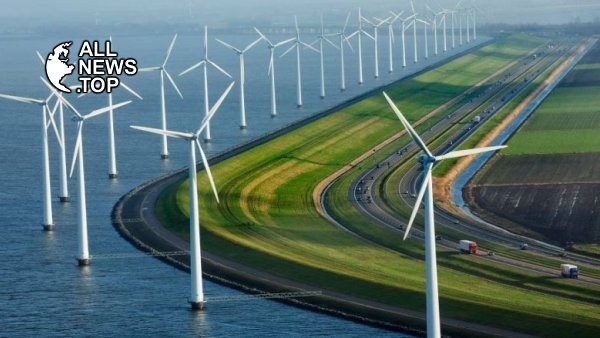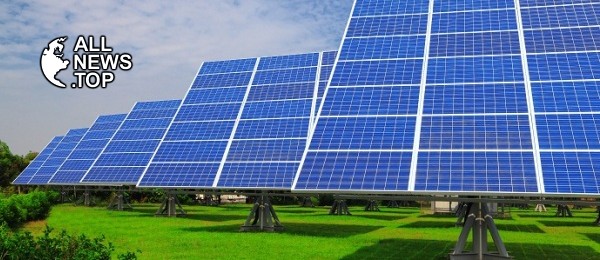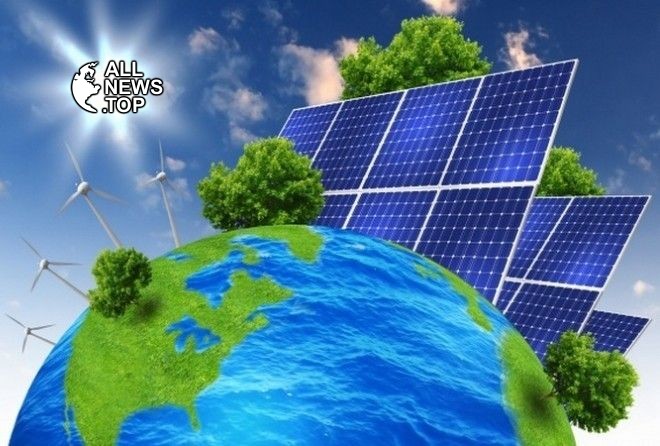
How can life on earth change when the cost of energy approaches zero? What exactly will happen in the world when energy resources stop bringing super profits...The development of technology leads to the fact that the cost of many things tends to zero. What we once paid a lot for is now cheap or even free - buy a computer, make a call to the other side of the world, take a photo, watch a movie, listen to music, or even travel to another country. More and more daily activities will join this list. Perhaps one day there will be electricity there too. Cool, right? After all, it's free. Who doesn't love free stuff?

The cost of burning coal is no longer falling, but the cost of harvesting solar energy continues to fall. In October 2017, electricity bills in Saudi Arabia fell to 1.79 cents (on average five times cheaper than in Russia) per kilowatt-hour, beating the previous record in Abu Dhabi (2.42 cents kWh). . It's no surprise that these incredibly low prices are a legacy of the sunniest parts of the world. In other parts of the world, both in the US and Russia, prices fluctuate between 5-13 cents per kWh.
Just when we think prices can't go down, they do - and the best thing about these constant price declines is that it's not because of batteries. Cheap and efficient batteries still lag far behind the overall pace of development of energy systems and especially renewable energy sources. But once we learn how to store energy correctly and cheaply, there will be very few restrictions left. And transparent solar cells will also become a reality, turning every outer surface of glass into a small power plant. What would a world with free electricity be like? Electricity would become ubiquitous in many parts of the world where it is not already. Elsewhere, electricity bills will disappear. Production costs will fall, transportation costs will fall, and all associated costs will fall too.

The money we save on energy could be spent on social programs or even creating a universal basic income that would help build a just society. If everything costs less, we won't have to work harder to earn more money, which will free up our time to be creative. Still, every coin has a flip side, and the old saying that we get the best things in life for free does not apply in this case. Let's look at what happened when we made other resources free or cheap. The US made food cheap and plentiful by learning how to produce it on a large scale - and the problem became worse than ever. We learned how to produce plastic bottles and bags for pennies, and now the oceans are filled with cheap and non-degradable garbage. Jevons' paradox is that as technological progress increases the efficiency of a product or resource, the rate of consumption of that resource increases due to increasing demand, which directly reduces the efficiency of savings. After all, in the depths of our nature, humanity only takes, and electricity will be no exception.

Middle Eastern countries, which have the lowest electricity prices in the world, have become a prime example. Excessive energy use has become commonplace and there is no incentive to curb it. Ideally, per capita energy consumption should be reflected in per capita GDP, but countries such as Kuwait, Bahrain and Saudi Arabia have an imbalance in this metric, using far more energy than is necessary to achieve their GDP. As energy becomes cheaper in other parts of the world, people will use more and more of it, and the planet will be the first victim. Even though the energy will be renewable, this does not mean that the environment will remain in order; there may be consequences we don't even imagine, just as whoever invented plastic never imagined it would poison marine life. As energy becomes cheaper and eventually moves towards zero cost, we will have to be smart to use it wisely. Government regulation can play a role, as can market forces, despite the lack of economic incentives. As with any new technological development, we may have an adjustment phase where we go too far and catch ourselves by the tail and pull back. Free Author: GEximius


 How can life on earth change when the cost of energy approaches zero? What exactly will happen in the world when energy resources stop bringing super profits...The development of technology leads to the fact that the cost of many things tends to zero. What we once paid a lot for is now cheap or even free - buy a computer, make a call to the other side of the world, take a photo, watch a movie, listen to music, or even travel to another country. More and more daily activities will join this list. Perhaps one day there will be electricity there too. Cool, right? After all, it's free. Who doesn't love free stuff?
How can life on earth change when the cost of energy approaches zero? What exactly will happen in the world when energy resources stop bringing super profits...The development of technology leads to the fact that the cost of many things tends to zero. What we once paid a lot for is now cheap or even free - buy a computer, make a call to the other side of the world, take a photo, watch a movie, listen to music, or even travel to another country. More and more daily activities will join this list. Perhaps one day there will be electricity there too. Cool, right? After all, it's free. Who doesn't love free stuff?


